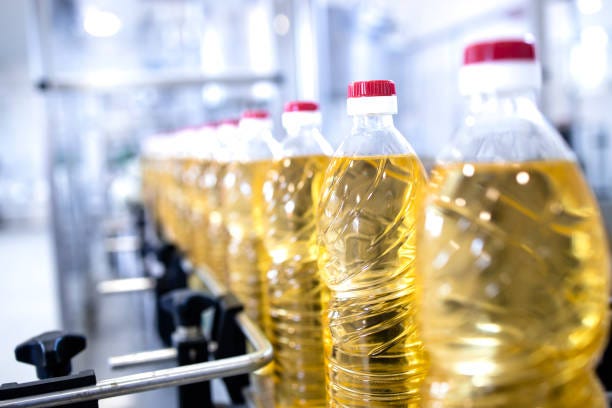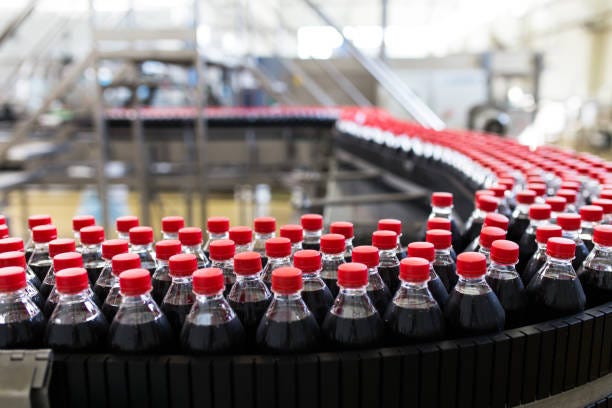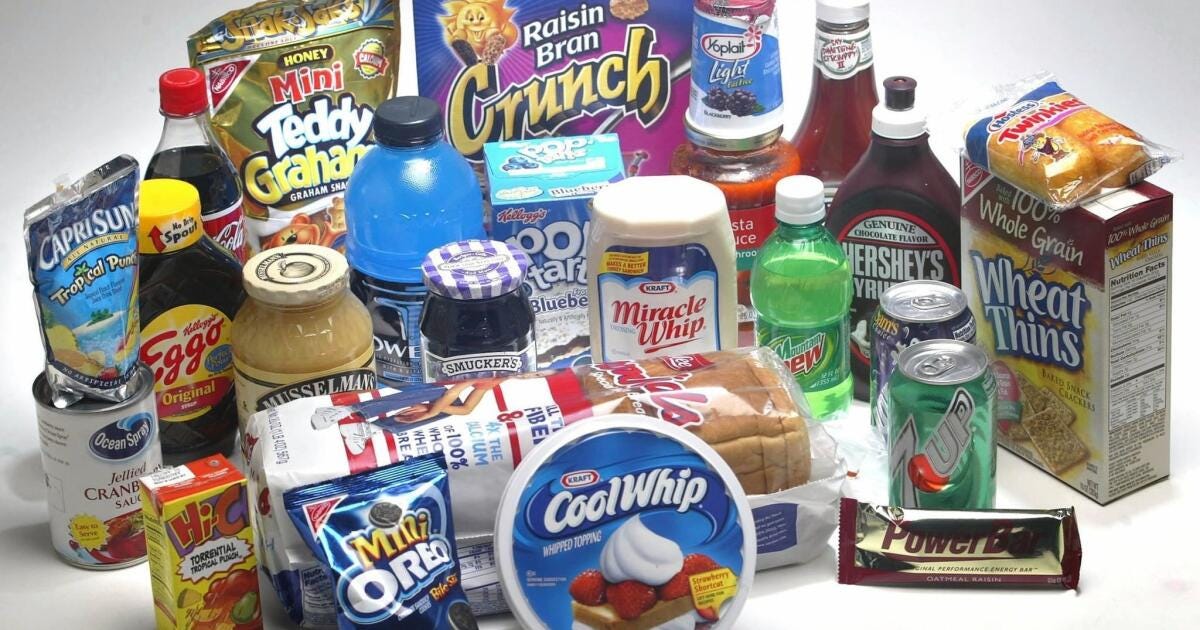There has never been a better time to research questionable food choices, thanks to Artificial Intelligence. The problem is, whether you realize it or not, you will most likely seek information that supports your point of view.
One way to avoid a potential bias is to research an opposing viewpoint. For example, if I was interested in finding out ‘is corn bad for my gut?’, I would ask the opposite question, ‘is corn good for my gut?’ By challenging my predispositions, and asking the opposite question, I expose myself to potentially helpful information. To close the loop, I ask my original question and compare the information gathered. The answer lies somewhere in the process.
While there is limited evidence to support the health benefits of the following ingredients in food manufacturing, there is extensive information regarding their toxicity and potential to cause harm. Unfortunately these substances are currently used by US food manufacturers, despite being banned in other countries. How did this happen? The FDA’s GRAS or ‘recognized as safe’ designation, allows food manufacturers to decide for themselves whether novel ingredients are safe or not.
Toxic Ingredients Used By US Food Manufacturers:
ADA or Azodicarbonamide:
ADA is used as a dough conditioner and strengthener or bleaching agent in breads and pastries. ADA has been linked to an increased risk of cancer. It may also cause liver and kidney injury and affect the blood, nervous, and respiratory systems.
Propyl Gallate:
Propyl Gallate is a preservative used in vegetable oil, meat products, and chewing gum, among other products. It may cause hormone disruption and has been linked to an increased risk of asthma, hyperactivity, and cancer.
Sodium Benzoate:
Sodium Benzoate is a preservative used mostly in carbonated drinks, fruit juice, salad dressings, and fermented foods. When combined with Doric acid, citric acid, and vitamin C, it has been linked to an increased risk of cancer. The reaction of sodium benzoate and any one of these three compounds forms benzene, a chemical associated with blood cancer.
Methylene Chloride, Trichloroethylene, and Ethylene Dichloride:
Methylene Chloride, Trichloroethylene, Ethylene Dichloride solvents are used in the production of decaffeinated coffee, tea, and certain spices. These three chemicals are linked with an increased risk of cancer.
Trans Fats:
Trans Fats increase LDL cholesterol (‘bad cholesterol’ which clogs and hardens arteries), decrease HDL (‘good cholesterol’), and can increase the risk of heart attack or stroke.
High Fructose Corn Syrup:
High Fructose Corn Syrup is often used by US manufacturers in soups, fruits, cereals baked goods, desserts, sweetened and flavored dairy products, candies, and many fast food items. Like other processed sugars, over consumption can lead to a variety of health issues including increased risk of obesity, fatty liver disease, insulin resistance, and type 2 diabetes.
You may find it helpful to familiarize yourself with this list. I will share the completed list in my upcoming newsletter.
If you are a woman suffering from low energy, brain fog, weight gain, and other Menopausal challenges, stay tuned. I will be sharing more content from the cookbook I’m working on with Dr. Stacy Sims, geared towards women’s health and nutrition. Her book Next Level (I highly recommend) based on decades of research on female specific nutrition and performance, helped me to understand the, at times, debilitating effects of Menopause.










